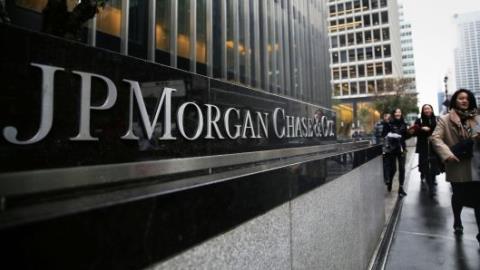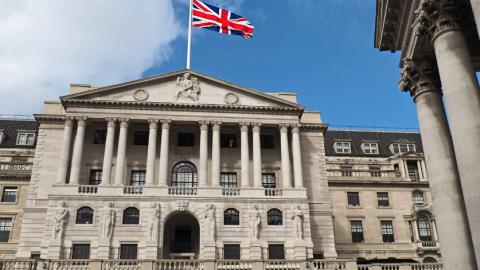JPMorgan Chase CEO Urges Washington to Reevaluate Financial Regulations for a Stronger Economy
In recent discussions regarding consumer banking regulations, Jamie Dimon, CEO of JPMorgan Chase, expressed significant concerns about the future of the Consumer Financial Protection Bureau (CFPB) amid the Trump administration’s moves to curtail regulatory powers. These developments are impacting how banks operate and serve their customers.
Regulatory Changes Under the Trump Administration
The Trump administration is actively working to reduce the influence of regulatory agencies, particularly the CFPB. Key actions taken include:
- A halt to the CFPB’s activities.
- Restrictions placed on its employees.
Moreover, the administration is considering consolidating various banking regulators without requiring Congressional approval. This includes proposals to merge the FDIC into the Treasury Department and combine it with the Office of the Comptroller of the Currency (OCC).
The Future of Consumer Protection
Despite uncertainties surrounding the CFPB, Dimon highlighted that several other agencies also play crucial roles in consumer protection, including:
- The Securities and Exchange Commission (SEC)
- The OCC
- The Federal Reserve
Dimon emphasized the importance of designing a comprehensive system that benefits all consumers, noting that the CFPB is not the sole entity responsible for consumer protection.
Debanking: A Growing Concern
During a recent meeting with Senate Banking Committee Chair Tim Scott and other prominent banking CEOs, Dimon addressed the increasingly important issue of debanking. He reassured attendees that JPMorgan does not discriminate against individuals based on their political or religious beliefs.
However, Dimon acknowledged that stringent regulatory rules, particularly concerning anti-money laundering, have led banks to withdraw services from certain customers to mitigate risks associated with hefty fines and legal repercussions. He pointed to regulatory pressures as a significant factor contributing to this trend.
Legislative Responses to Debanking
The issue of debanking has sparked legislative interest, particularly among GOP members who are advocating for clearer definitions of when banks can refuse service. The crypto sector has also raised alarms over perceived discrimination against digital asset companies.
President Trump weighed in on this matter during the World Economic Forum in Davos, encouraging Dimon and Bank of America CEO Brian Moynihan to open their banks to conservatives. He expressed concerns that many right-leaning individuals feel excluded from banking services.
Trump stated, “I hope you start opening your bank to conservatives, because many conservatives complain that the banks are not allowing them to do business within the bank.” He further questioned whether regulatory pressures were behind these practices.
Support for Fair Banking Practices
Interestingly, Senator Elizabeth Warren, a prominent Democrat, also acknowledged the validity of concerns raised by Trump, stating, “Donald Trump was on to a real problem when he criticized Bank of America for its debanking practices.”
Following the meeting, Senator Scott criticized what he described as regulatory overreach, stating, “It’s clear that regulators have seriously overreached on issues from Basel III to debanking, and Congress needs to work to rein in and right-size the impacts of the Biden administration’s burdensome and arbitrary regulations.”
He concluded with a strong message, asserting that “no regulator, and no financial institution, is above the principles of fairness and market access.”
As the landscape of consumer banking continues to evolve, it is crucial for stakeholders to monitor these changes and advocate for fair practices within the financial system.







